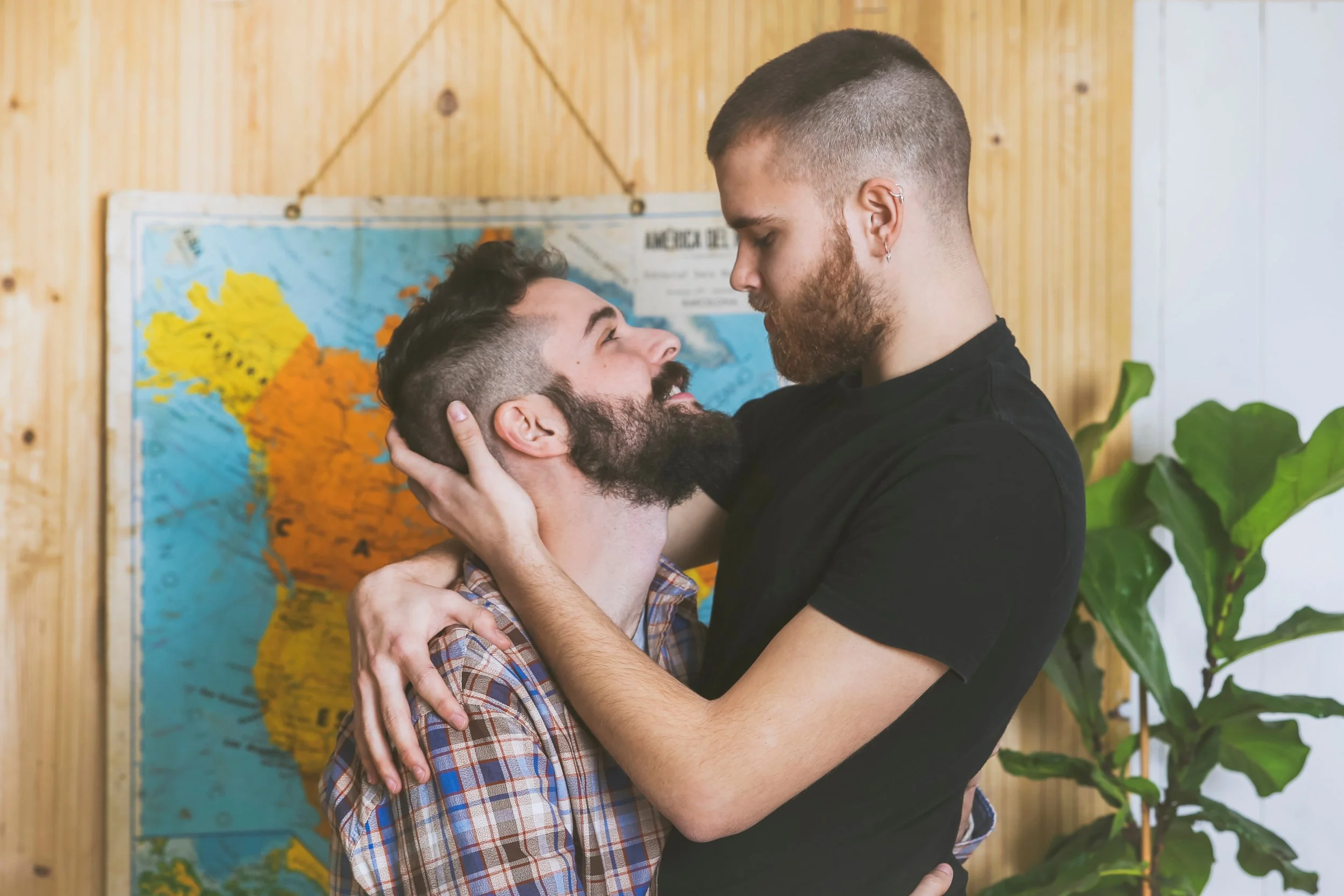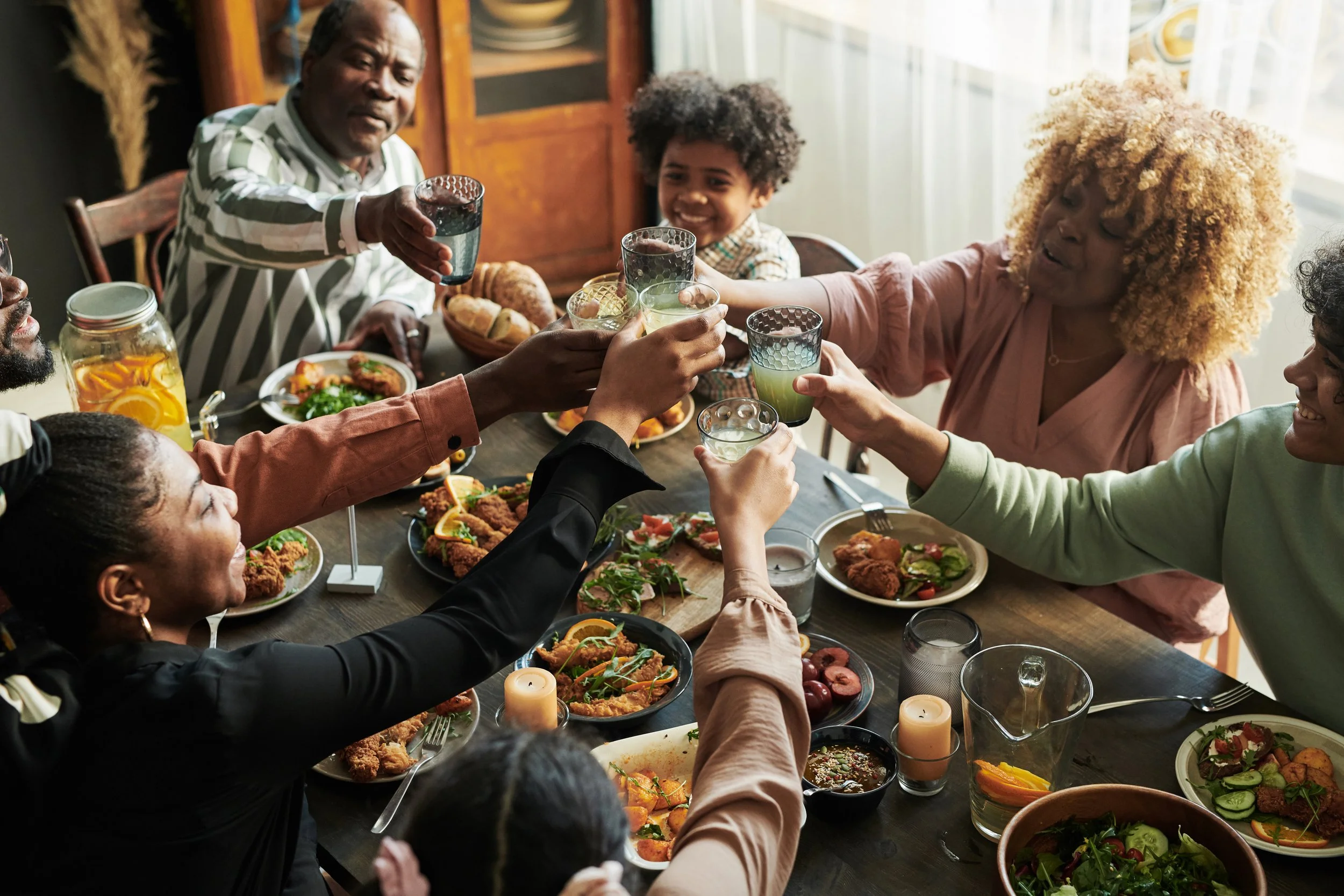5 TIPS FOR PRACTICING THE ART OF UNLONELINESS
There are few things as painful and as common as loneliness. There are studies, documentaries, and cold, hard data, all talking about the seeming affliction of the lonely. Yet, none of those things are quite as piercing as the feeling of loneliness itself. I do not know anyone who has escaped entirely the gaping maw of loneliness. Yeesh. This is starting out pretty grim, right? But, if you’re reading this, I bet you know what I am talking about, and I’m sorry about that. My hope is this can help with some insight into how to begin healing the lonely.
If you stick it out, all of it, I have a lot of hope that it can be better. If you know me at all, professionally, personally, or anything in between, you’ll probably hear me talk about community. I laugh, cry, dance, and stutter the chant of the community constantly. Community! Community! Community! But, wait… how do we get there? Perfect question. Here is what I have found.
1. Be Willing to Look Foolish
This is a hard one to start out on. I understand, I really, really do. We are not programmed to be okay with risking the vulnerability of looking foolish. I am encouraging you to do something hard, but I am not asking you to swim in waters I have not tread myself. This means many things, being willing to try a new activity that you aren’t sure about, cooking a new food, say hello first.
2. Borrow an Egg
One egg. That's it. “Hey, sorry to impose, I am making cookies, and I am one egg short! I’ll happily share my cookies when I’m done though!” Are you cringing? Does it feel like you would rather drive all the way to the store, use an extra 40 minutes, and buy a dozen eggs than ask your neighbor for one? Yeah, I’ve been there, too. This is totally countercultural. You are intentionally being slightly inconvenient, and hoping that your relationship can bear it. Here’s an insider scoop, people are actually very hungry for this. People enjoy being helpful, and if the cost is one egg, and they might even get a cookie for their trouble? Phenomenal.
3. Make Eye Contact
This is one of those things that seems like a simple concept, but if you are not used to this, it can feel like a vulnerable and intense experience. I promise that no one is reading your mind–even if it really, really feels like it. Take a deep breath and try it out! It will make you look more confident than you feel, and hopefully, those feelings will catch up eventually.
4. Be Curious
Being a human is a shared experience. It’s fun to connect with others when we have had something in our lives overlap. When meeting someone new, or trying a new approach to an old connection, try and ask two or three questions about their experience before sharing your own.
Here’s a simple example:
Person A, hoping to share about their adventure, “I went to the zoo and had a great time.”
Person B, brimming with thousands of obscure and lovely facts about animals, “That sounds fun! Do you have a favorite exhibit?”
Person A: “Thanks for asking, yes!” *Insert lively narrative about adventure*
Person B: “Have you always liked the zoo?”
Person A: “Actually no, once…” *Insert another lively narrative about a time they had a wild nightmare about a monkey actually being their father, which eventually led to an overcoming, triumphant experience contributing to a deep appreciation of zoo animals.*
Person B, likely deeply moved by these unexpected tales, “Thank you for sharing that! It reminds me of my own experience with the zoo!” *Insert personal tale of the one time your brother accidentally got stuck in a child seat at the zoo and sounded like a howler monkey until security showed up to rescue him.*
5. Make a Plan
Like most good things in life, we have to be willing to cultivate our relationships. Some people exist healthily in a floating ether of possibility, but most of the time, we need some form of a plan. If it feels inauthentic to make a plan to find friends, I can certainly appreciate that. But, I am not talking about singling out one person and deciding that will be the deep relationship you’ve been waiting for. Instead, make a plan to purposefully tend to the relationships with people in your circle.
That's it. An outline for finding friends, building a community, and practicing the art of unloneliness. I call it an art because I find it beautiful and poignant, the expression of what I hope we can all be.
Begin Working With A Bozeman Therapist
If you find yourself resonating with the sense of loneliness, or in abject horror at the above advice, I encourage you to reach out to one of the amazing therapists in our community. We’re here for you. You can start your therapy journey with Bridger Peaks Counseling by following these simple steps:
Meet with a caring therapist
Start cultivating community today!
Other Services Offered with Bridger Peaks Counseling
Our team of caring counselors at Bridger Peaks Counseling is happy to provide a variety of mental health services. Our team is happy to offer adult counseling, teen counseling, group therapy, rising strong workshops, and marriage counseling. Furthermore, we provide anxiety therapy, depression treatment, substance use counseling, and online grief counseling. Along with EMDR, postpartum depression support, body image therapy, and psychiatric care.

































